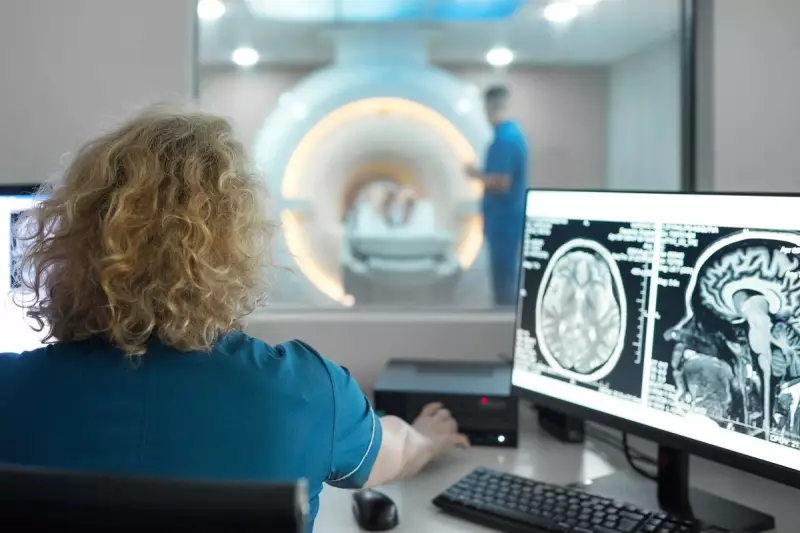
In a medical breakthrough that could transform how we approach brain health, revolutionary MRI scanning technology has demonstrated remarkable potential for identifying dementia long before symptoms become apparent.
The Silent Advance of Dementia
Dementia conditions like Alzheimer's disease typically develop silently for years, even decades, before memory loss and cognitive decline become noticeable. Until now, definitive diagnosis often came too late for meaningful intervention.
This new research, focusing on sophisticated MRI analysis, has uncovered how specific brain changes can serve as early warning signs, potentially allowing doctors to identify at-risk individuals years before their quality of life becomes affected.
How the Technology Works
The advanced MRI scans examine the brain's structural integrity with unprecedented precision, detecting subtle changes in brain tissue that conventional scans might miss. Researchers have identified patterns of deterioration that strongly correlate with future dementia development.
Key findings include:
- Detection of early-stage brain shrinkage in specific regions associated with memory and cognition
- Identification of minute changes in white matter integrity
- Patterns of connectivity loss between different brain regions
- Early signs of vascular damage that often accompanies dementia
Transforming Patient Outcomes
The implications for patient care are profound. Early detection means earlier intervention, potentially allowing for:
- Lifestyle modifications that could slow disease progression
- Timely access to emerging treatments and clinical trials
- Better planning for future care needs
- Improved quality of life through early support systems
As one researcher noted, "We're moving from reactive diagnosis to proactive prediction, which completely changes our approach to dementia care."
The Road Ahead for UK Healthcare
While the technology shows immense promise, experts caution that widespread implementation will require significant investment in both equipment and specialist training. The NHS would need to develop new diagnostic pathways and ensure equitable access across different regions.
Nevertheless, this research represents a significant step forward in the fight against dementia, offering hope to the approximately 900,000 people living with the condition in the UK today.
The medical community is optimistic that within the coming years, routine brain scans could become as standard for middle-aged adults as cholesterol checks are today, fundamentally changing our relationship with cognitive aging.





